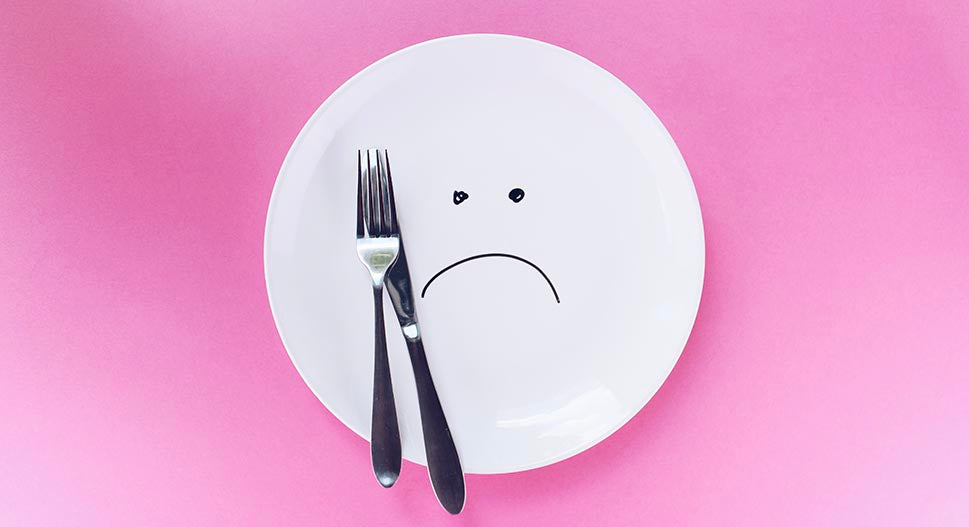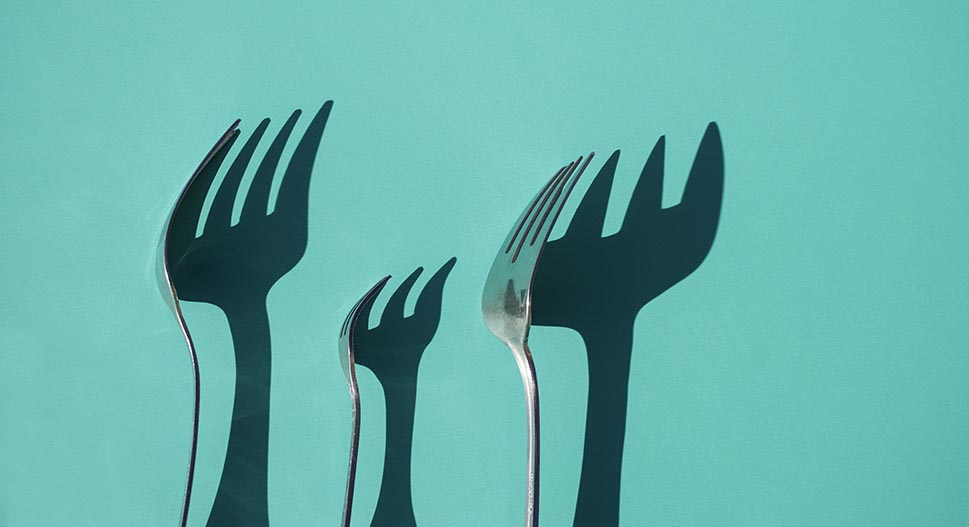
When all the turkey sandwiches have been gobbled down and you’re feeling well and truly stuffed, an idea pops into your head. As the new year dawns, you may be looking to fulfil your ‘new you’ potential by undertaking a fad diet and slimming down. However, before you jump right in and start cutting those calories, you might want to consider the potential pitfalls of this resolution. Here’s what you should know first.
You might lose muscle (as well as fat)
While you might want to shed a few extra pounds after the festive season, any type of weight loss could also lead to muscle loss, according to research. If you’re an athletic person, the last thing you want is to essentially become weaker as a result of your fad dieting. Put simply, you need to give your body what it needs when you are active, which means that shedding any muscle you’ve built up is a recipe for disaster.
To make matters worse, it’s easier to regain fat than muscle, which can lead to an overall higher risk of obesity. That means that when you ditch the diet plan come February, you might find that you begin to put on more weight in fat form than you had pre-diet. In turn, that could make it even harder to get back into shape and rebuild the muscle you’ve lost.
Losing (and gaining) weight impacts your heart
Let’s face it, yo-yo dieting often results in quickly losing weight and then regaining it just as fast. If that sounds familiar, you might want to skip the diet plan this January. Fluctuating weight can have a direct impact on your heart health. Revealing research published in the New England Journal of Medicine suggests that the bigger the weight loss and gain, the more likely your risk of having a heart problem is in the future.
Since a massive 160,000 Brits die from heart and circulatory disease every year, protecting your heart is vital. Exercising regularly and eating well are two core parts of the puzzle here. Of course, you should also be sure to eat plenty of heart-healthy foods, such as whole grains, leafy greens, nuts, fish, pulses and legumes. (Oh, and avoid fried food!)

You could increase your risk of diabetes
If you’re constantly starting new diets, there’s a decent chance that you might be ‘weight cycling’. In simple terms, this issue means that you will regularly lose and then put weight back on. These changes may not sound too dangerous, but there’s evidence to suggest that they could be impacting your health more than you know. One review of research suggests that this process can actually lead to a higher overall risk of diabetes.
The report looked at 17 different studies and found that — in four cases — yo-yo dieting resulted in a higher chance of the metabolic problem. Needless to say, you should always prioritise your greater health when it comes to the food that you eat. Avoiding the trap of regularly dieting at certain times of the year is a step towards protecting your wellness.
Dieting when young can be extra dangerous
Fad dieting may seem like no big deal but if you start dieting when you’re young, that could be a problem. One study from the Society for the Study of Ingestive Behavior suggests that dieting in your youth could negatively impact your health in the future. The results showed that the earlier a woman was when she embarked on her first diet, the more likely she was to suffer serious health complaints in later life.
What’s more, getting into the habit of dieting (and then quitting) regularly is a negative pattern. Should you find that you lose weight quickly and easily, you may be tempted to start a new diet every time you would like to slim down. That mentality can be tricky. Adopting new diet trends as they arise means that you will continually be depriving yourself of certain vitamins, nutrients and, in some cases, whole food groups.

The Takeaway!
Diet culture can be extremely alluring, promising quick fixes and instant weight loss. However, the truth of the matter is that getting caught up in this trend is a real mistake. As we’ve looked at here, weight cycling and yo-yo dieting can lead to an increased risk of disease, muscle loss and other conditions in later life. Rather than putting your wellness in danger, it’s far better to adopt a healthy, sustainable, all-around lifestyle that includes eating well. Your best route to success, is learning to build the healthy habits that will last.






























































